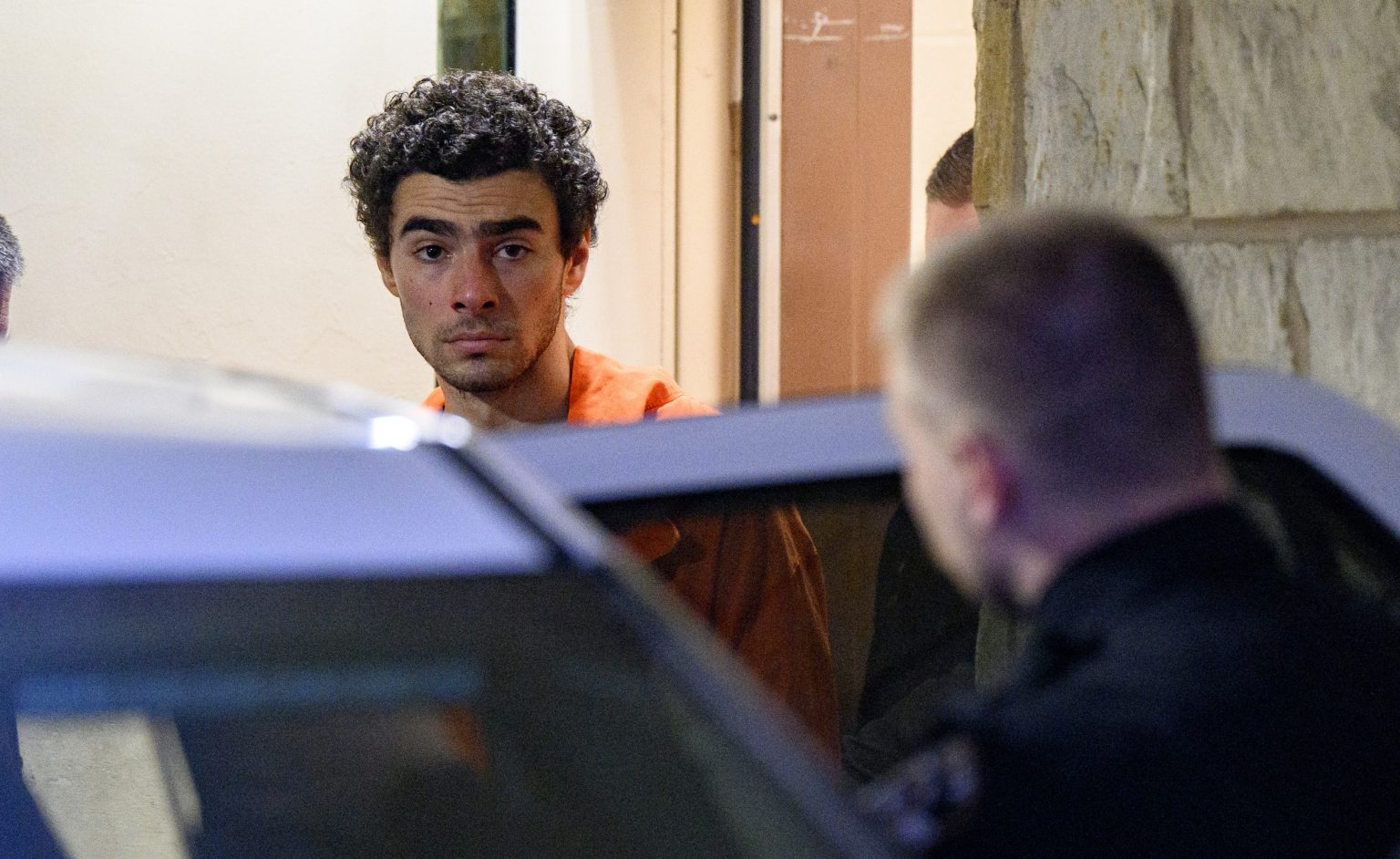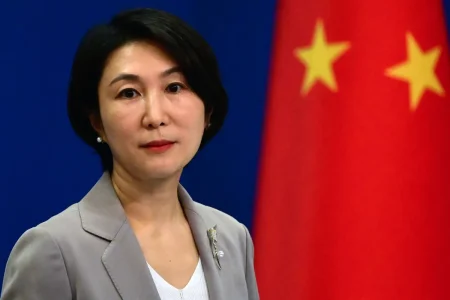The apprehension and subsequent charges against Luigi Mangione in connection with the fatal shooting of UnitedHealthcare CEO Brian Thompson have unveiled a complex and disturbing narrative, marked by meticulous planning and a potential ideological motivation. Mangione’s arrest at a Pennsylvania McDonald’s initially yielded weapons and forgery charges, but quickly escalated to a second-degree murder charge in New York, the location of Thompson’s death. The discovery of a three-page manifesto, coupled with a detailed notebook outlining a premeditated killing, paints a portrait of a suspect who may have harbored deep-seated grievances and carefully orchestrated the execution of his plan. Mangione’s alleged notebook entries, including to-do lists for carrying out a murder and justifications for his actions, suggest a calculated approach, while his documented interest in the Unabomber, Ted Kaczynski, hints at a possible extremist influence on his thinking.
The emerging evidence suggests that Mangione’s alleged plan was carefully considered, weighing different methods of attack before settling on a firearm. His notebook reportedly contained deliberations on the use of a bomb, ultimately dismissed due to the potential for collateral damage. This calculated decision-making contrasts sharply with the impulsive nature of many violent crimes, indicating a level of premeditation that strengthens the prosecution’s case. The notebook’s contents, including the alleged justification for targeting Thompson, provide crucial insight into Mangione’s motives and offer a chilling glimpse into his mindset leading up to the shooting. The reference to the Unabomber, coupled with Mangione’s Goodreads review of Kaczynski’s manifesto, raises questions about the extent to which extremist ideologies may have influenced his actions.
Mangione’s defense attorney, Thomas Dickey, has maintained his client’s innocence, questioning the validity of the evidence presented thus far and emphasizing the need for a thorough examination of the facts. Dickey’s insistence on due process and his questioning of the prosecution’s case are standard legal strategies employed to protect the rights of the accused. His assertion that he has not yet seen evidence definitively linking Mangione to the crime underscores the importance of a fair trial and the presumption of innocence until proven guilty. The attorney’s refusal to disclose details about his retainer agreement adds a layer of intrigue to the case, prompting speculation about the circumstances surrounding his involvement.
The legal proceedings surrounding Mangione’s extradition from Pennsylvania to New York are expected to be closely scrutinized, with his defense likely to challenge every aspect of the prosecution’s case. Dickey’s focus on constitutional rights and his desire to make informed decisions with his client suggest a strategy of carefully navigating the complexities of the legal process. The extradition process itself could become a point of contention, with the defense potentially using it to gain more time to prepare their case and challenge the evidence against Mangione. However, legal experts believe that while these delays might offer some tactical advantages, they are unlikely to significantly alter the overall trajectory of the case given the seemingly overwhelming evidence against the suspect.
The investigation into Mangione’s background and potential motivations remains ongoing, with authorities likely exploring various angles, including his mental state and any potential connections to extremist groups. The discovery of fake identification and a disputed amount of cash on Mangione’s person further complicates the narrative, raising questions about his activities leading up to the shooting. His denial of possessing the money introduces an element of uncertainty, potentially suggesting an attempt to distance himself from incriminating evidence. The authorities will likely investigate the source of the funds and their potential relevance to the crime.
While the evidence against Mangione appears substantial, the legal process must run its course, ensuring a fair trial and a thorough examination of all the facts. The prosecution will need to meticulously present their case, linking the physical evidence, witness testimonies, and Mangione’s alleged writings to establish his guilt beyond a reasonable doubt. The defense, meanwhile, will likely explore every avenue to challenge the evidence, question the prosecution’s narrative, and potentially raise questions about Mangione’s mental state. The trial promises to be a complex legal battle, with the outcome hinging on the presentation and interpretation of the evidence.














